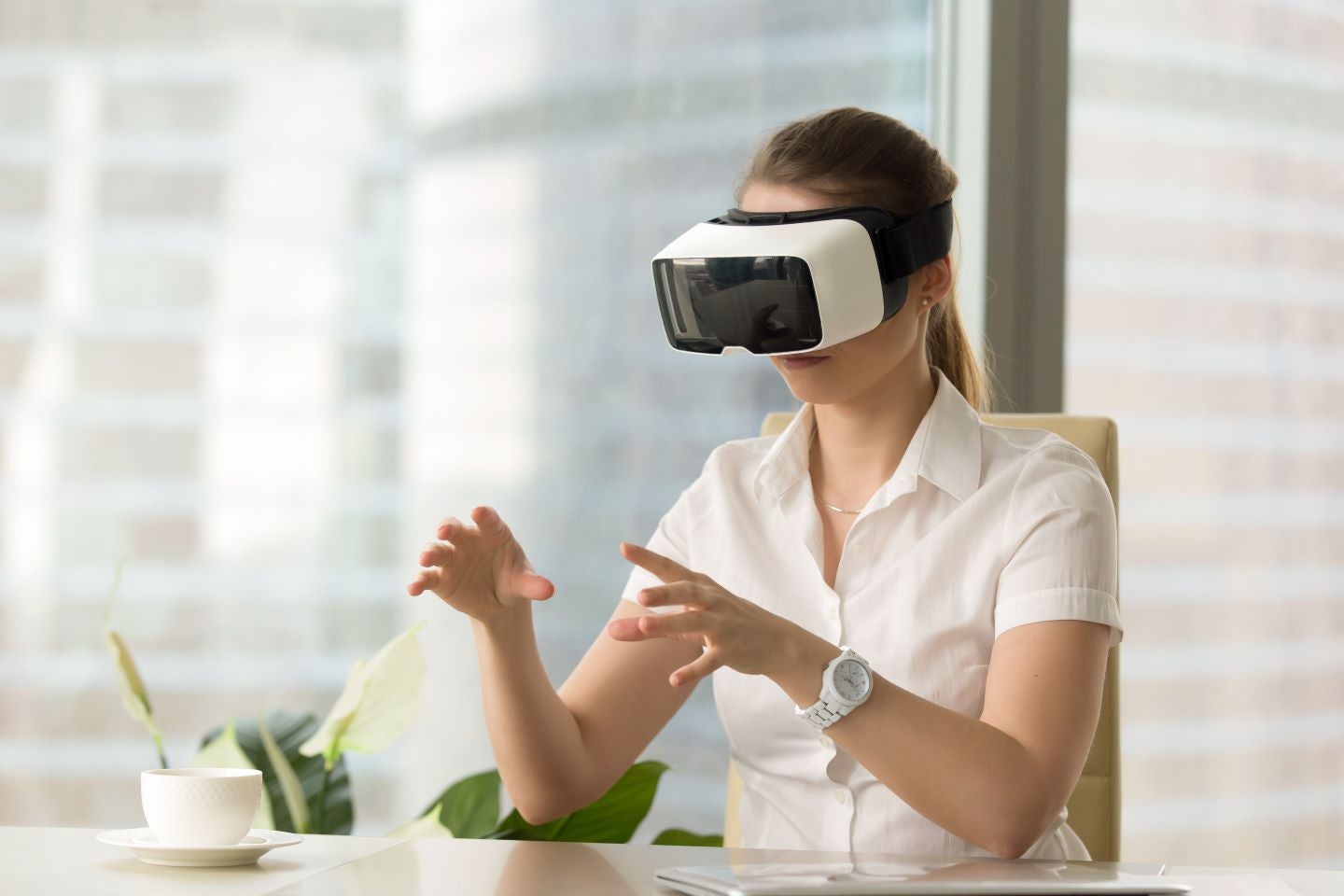
The World Health Organization (WHO) has launched a virtual reality (VR) tool for ship sanitation inspections which it says will boost public health facilities both on ships and at ports.
The VR solution underwent a four-day testing period in Istanbul, to lessen the demand for trained port health officers across many regions.
According to the WHO, maintaining the public health capacity at ships and ports has become vital, especially due to the “unprecedented effect” of Covid-19.
The training lasted from 27 to 30 November 2023 and was delivered to a group of 13 port health professionals from Kazakhstan, Azerbaijan and Turkmenistan.
The simulation tool will enable workers to teach colleagues how to conduct a thorough end-to-end sanitary check of the entire ship, including risk assessment work and interactions with the captain and crew.
Kevin Carlisle, Technical Lead of the project at WHO/Europe explained how the VR tool will allow for interaction across technical areas of the ship.
How well do you really know your competitors?
Access the most comprehensive Company Profiles on the market, powered by GlobalData. Save hours of research. Gain competitive edge.

Thank you!
Your download email will arrive shortly
Not ready to buy yet? Download a free sample
We are confident about the unique quality of our Company Profiles. However, we want you to make the most beneficial decision for your business, so we offer a free sample that you can download by submitting the below form
By GlobalDataCarlisle said: “The virtual tour starts at the office of the inspector, where we can select the personal protective equipment to take with us on the inspection, and then we go on board where we meet the captain.
“Then we walk through the various areas onboard the ship, from the “clean” to the “dirty” areas – for example, starting at the ship’s hospital and then going to the engine room and the cargo holds. At the end, we have a debrief with the captain and cover the findings”.
The VR solution is set to assist over 230 ports in the WHO European Region with public health capacity to handle public health incidents, as well as the 41 IHR State Parties with approved ports to provide ship sanitation certifications.
Huseyn Gasimov, chief inspector of the sanitary quarantine service of the State Customs Committee of Azerbaijan, emphasised the benefits of the VR training.
Gasimov said: “The virtual reality equipment was a completely new discovery for us, and I see great potential in the further use of VR systems in training. Due to this training, I have gained a lot of new knowledge and practical experience, as well as new friends and colleagues from different countries.
“I hope for further cooperation in the very important field of preventive medicine and preventing the spread of especially dangerous diseases.”
The testing experiments, according to the WHO, were part of a series of capacity-building initiatives at airports, ports, and land crossings funded by the agency in order to promote border health in the region.



